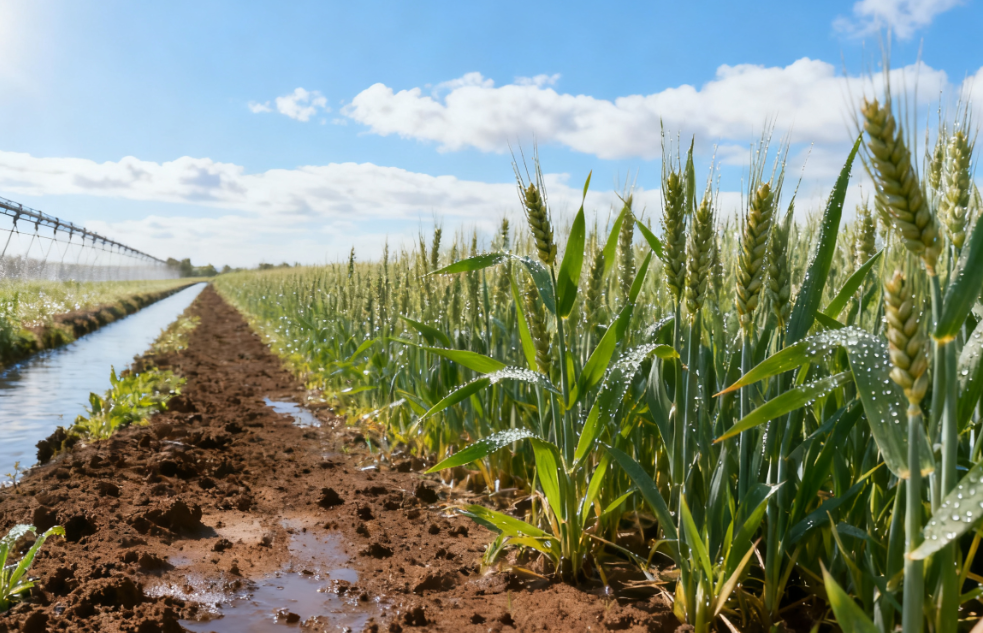Categories
New Blog
The importance of LoRaWAN soil EC sensors in agriculture
October 17 , 2025Precise monitoring of soil indicators:
The LoRaWAN soil EC sensor can measure soil electrical conductivity in real time and accurately, thereby reflecting the content of soluble salts and nutrient status in the soil. For instance, by monitoring the EC value, one can promptly understand the changes in nutrients in the soil after fertilization and determine whether additional fertilizers are needed. Additionally, during the growth of crops, the extent to which the crops absorb nutrients can be known based on the decline in the EC value. In addition, it can also indirectly assess the moisture content of the soil, as the soil moisture content will affect the soil's electrical conductivity, and thereby influence the measurement result of the EC value.
Facilitate automation and intelligent management:

Summary: